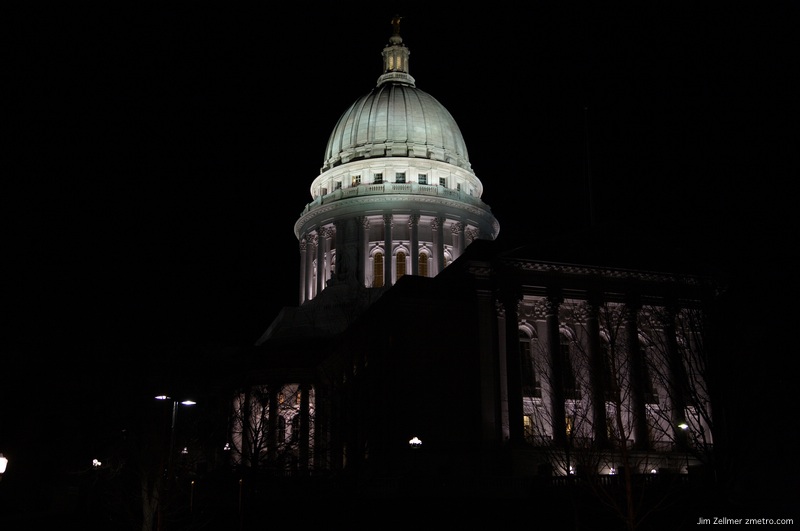Economic policy is based on a collection of half-truths. The nature of these half-truths changes occasionally. Economics as a scholarly discipline consists in the periodic rediscovery and refinement of old half-truths. Little progress has been made in the past century or so towards understanding how economic policy, rules, legislation and regulation influence economic fluctuations, financial stability, growth, poverty or inequality. We know that a few extreme approaches that have been tried yield lousy results – central planning, self-regulating financial markets – but we don’t know much that is constructive beyond that.
The main uses of economics as a scholarly discipline are therefore negative or destructive – pointing out that certain things don’t make sense and won’t deliver the promised results. This blog post falls into that category.
Much bad policy advice derives from a misunderstanding of the short-run and long-run impacts of events and policies. Too often for comfort I hear variations on the following statements: “The long run is just a sequence of short runs, so if we make sure things always make sense in the short run, the long run will take care of itself.” This fallacy, which I shall, unfairly, label the Keynesian fallacy, compounds three errors.
Via Yves Smith.




